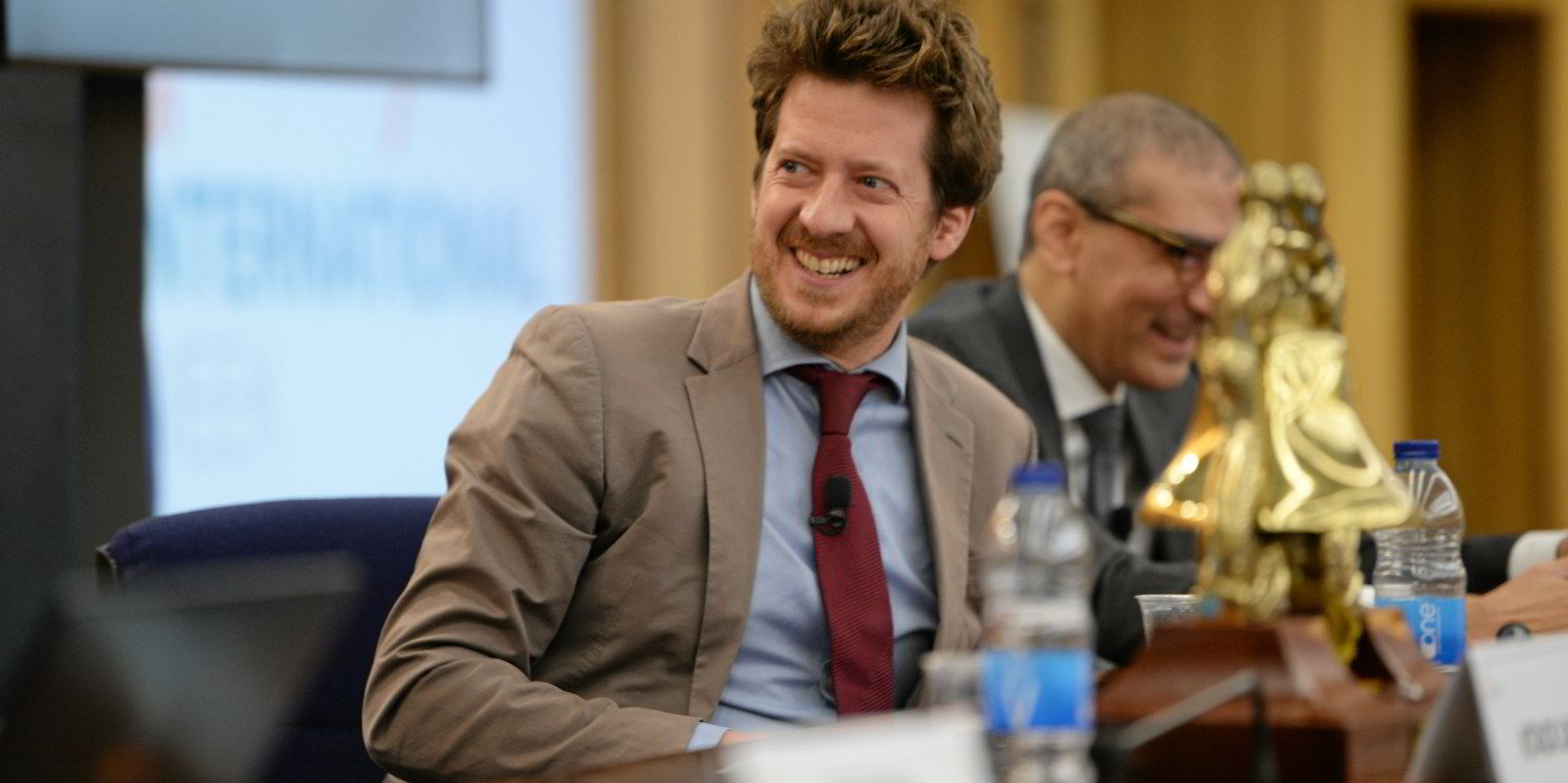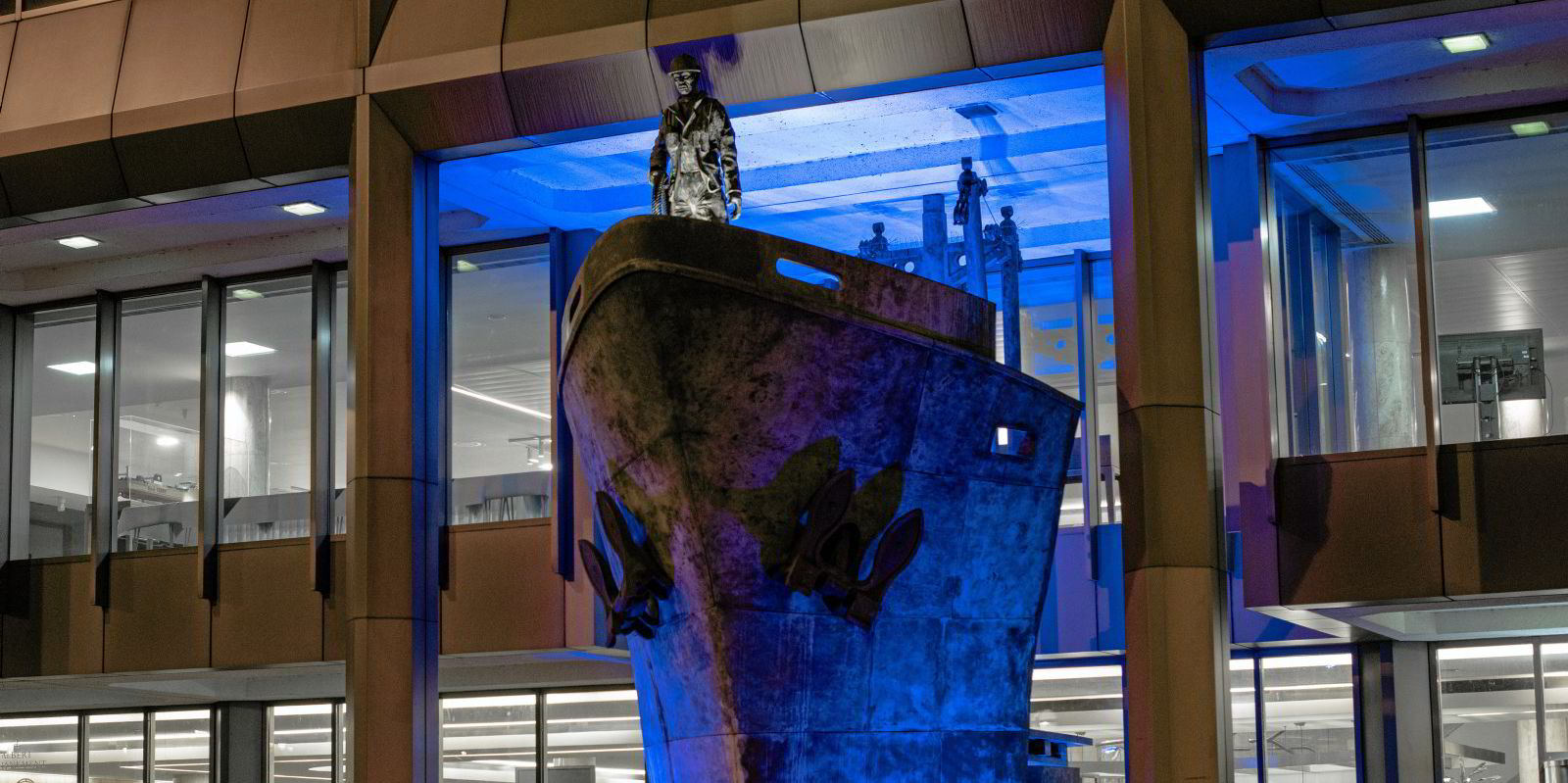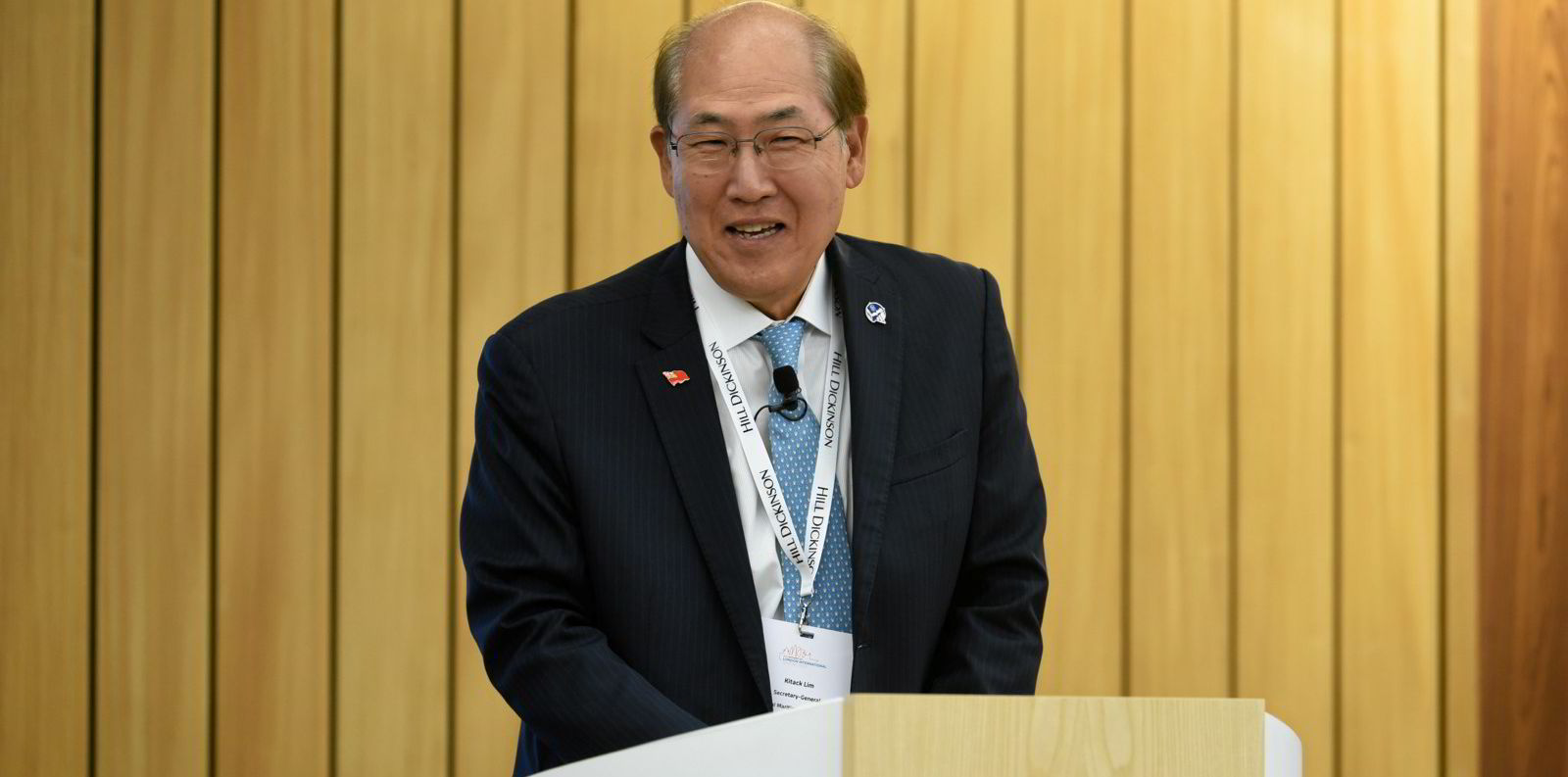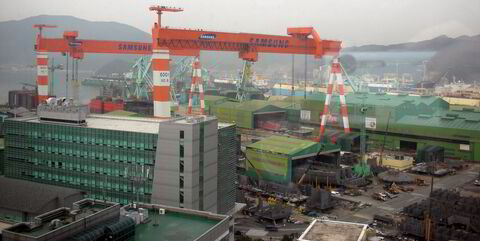One of the key decarbonisation puzzles we face is how to share any costs of climate change and burdens of decarbonisation fairly at the national level.
The vast majority of greenhouse gases in the atmosphere causing climate change are due to historical emissions from developed economies whose industrial revolutions started a couple of hundred years ago through combusting coal and other fossil fuels.
Much of the multilateral United Nations' process has enshrined principles that are supposed to guide how we solve this problem — that some countries have more responsibility than others and so need to do more of the 'lift' plus compensate those who are suffering but did not cause the problem.
It was evident at COP26 that meeting this need still exists. The developed economies collectively failed to raise the $100bn-per-year contribution they promised to developing economies some time back — a key test of their commitment not to mitigation but fairness.
Fairness is also a point many countries are making at the International Maritime Organization, and something we need to find practical solutions to in 2022 if attempts to reach multilateral shipping agreements are to be successful.
The IMO's 'fairness' topic is different to the more COP26 one, and it may have more tools to address it.
Several of the midterm measure proposals that have been put forward by IMO member states include mechanisms to support 'equitable transition'.
We want to do more to try to unpack what this means in the IMO context, to see if there is data and analysis that can enable a transparent and evidence-based discussion on the subject that can provide the means for governments to advance towards practical solutions.
This year is a key one for policy progress to drive shipping’s fuel transition.
The IMO is scheduled to move from phase 1 of its work plan on midterm measures, to phase 2 at MEPC 78 in June.

That means the array of policy proposals — there are several different levy, emissions trading systems and fuel-standard proposals — need to be collated and considered. Similar proposals will need to be merged and it will help to define some 'baskets' — for example, a coupled levy and fuel-standard, which in combination may be a package that could be adopted in phase 3 of the IMO’s work.
Industry and governments will need to consider how these ensure shipping can be aligned to the 1.5C temperature goal, in a fair way reached through consensus.





